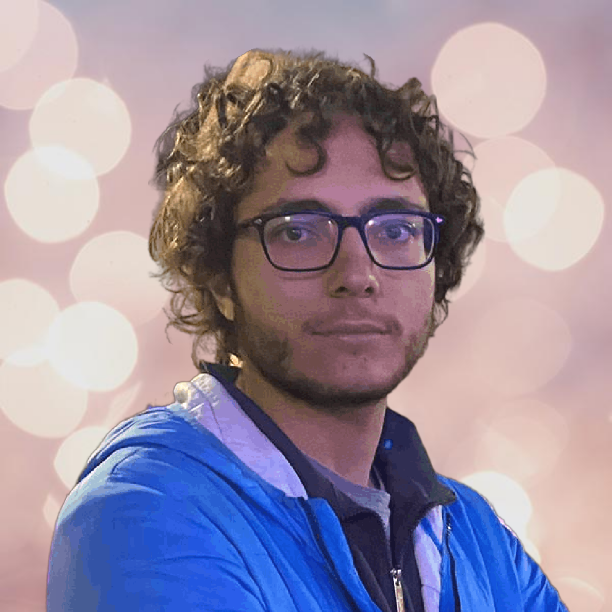Cryptographic protocols play a fundamental role in securing modern digital infrastructure, but they are often deployed without prior formal verification. This could lead to the adoption of distributed systems vulnerable to attack vectors. Formal verification methods, on the other hand, require complex and time-consuming techniques that lack automatization. In this paper, we introduce a benchmark to assess the ability of Large Language Models (LLMs) to autonomously identify vulnerabilities in new cryptographic protocols through interaction with Tamarin: a theorem prover for protocol verification. We created a manually validated dataset of novel, flawed, communication protocols and designed a method to automatically verify the vulnerabilities found by the AI agents. Our results about the performances of the current frontier models on the benchmark provides insights about the possibility of cybersecurity applications by integrating LLMs with symbolic reasoning systems.
NeurIPS 2024 Workshop: Sys2-Reasoning Poster
